According To The variety More than three years after Russia launched its full-scale invasion of Ukraine, two films premiering in the Venice Days sidebar of the Venice Film Festival explore a different conflict that embroiled the Kremlin decades ago — and, in the process, draw chilling parallels to events unfolding today.
“Memory,” a poetic and deeply personal hybrid documentary from filmmaker Vladlena Sandu that opens the Venice Days strand, is an effort to process the trauma inflicted on the director when she was a young girl during the 1990s war in the Russian republic of Chechnya.
Meanwhile, “Short Summer,” by Nastia Korkia, is a tender coming-of-age story that takes place a decade later, during what came to be known as the Second Chechen War. In it, an 8-year-old spends summer vacation with her grandparents as their marriage begins to crumble, leaving her to confront the troubling complexities of the world around her. Though radically different in their approaches, the two films highlight how the same mechanisms of violence and repression that spurred Russia through the Chechen conflicts are being reproduced today. Just as the Kremlin sought to quell dissent against its vicious campaign in the restive republic, so, too, has a deafening silence accompanied its Ukraine folly.
“The most important [thing] is not to stand up, is not to protest, because if you do, the machine of the state will destroy you,” says Korkia. “We see that’s really what is happening with all the political activists right now [in Russia].”
The fighting in “Short Summer” takes place off-camera, mirroring the director’s own childhood in Russia, far from the war’s frontlines. Revisiting that period two decades later, Korkia recognized the “willing blindness” her countrymen displayed toward what was then — as in Ukraine now — being dubbed a “special operation.”
“For most Russians, there was this war — which we never called ‘the war’ — that was somewhere far away. And people preferred to turn away from it,” the director tells Variety. “While there was this terror happening, we lived a normal life.”
Nevertheless, as “Short Summer” illustrates, “the echo of war infiltrates civilian life,” says Korkia. “We see in the society that it inevitably faces the consequences. When we turn away from war, it doesn’t disappear. In fact, it thrives in this [environment].”
Sandu had a more personal stake in the Chechen conflict: Born in Crimea, Ukraine, she moved to Grozny as a child in the late 1980s, just several years before a Russian invasion and aerial bombing campaign devastated the Chechen capital, claiming up to 100,000 civilian lives and displacing half a million more.
Memory” reckons with both that violence and its aftermath, functioning not only as an attempt by Sandu to process her personal trauma, but as a documentary record of atrocities committed in Chechnya that the Kremlin — and many Russians — refused to acknowledge.
The chilling effect of that silence lingers. When the director, who left Grozny with her family in 1998, returned two decades later to make “Memory,” she was forced to hide the true nature of her work. Sandu submitted a fake script to the Russian and Chechen culture ministries to secure filming permits, appearing instead to be making a “patriotic film” about her grandfather, a Soviet war hero.
Even after receiving the go-ahead to shoot, she and her crew filmed secretly to avoid the police; most of her team never received the full script, for fear that it could put them in danger.
The climate for filmmakers looking to interrogate the Russian war effort remains hostile. Korkia, who was raised in Moscow, left Russia in 2021 to participate in the DocNomads MFA program. But after the Feb. 2022 full-scale invasion of Ukraine, she says, “I didn’t see a future in my country. I didn’t see a possibility of working on films there.” She is currently based between Germany and France.
Meanwhile, Sandu was arrested in Moscow’s Pushkin Square in Feb. 2022 while holding a picket sign calling for peace. Once the authorities discovered she was Ukrainian, she recognized that she would be an easy target in the event of a wider crackdown; two weeks later, she decided to leave the country.
Sandu now lives in Amsterdam, watching from afar as “both of my homelands — Crimea and the Chechen Republic — remain under occupation,” she says. That, however, has only fueled her resolve to tell the story of the Chechen war as she lived it.
“I don’t have a choice to be silent,” she says. “I’m one of the witnesses who knows the truth of how it was.”


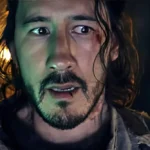
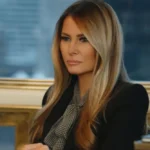
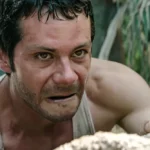
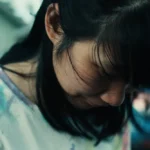


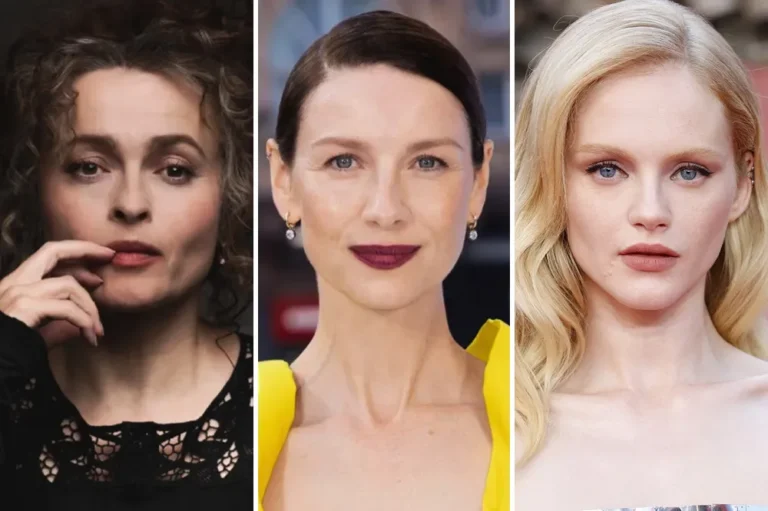

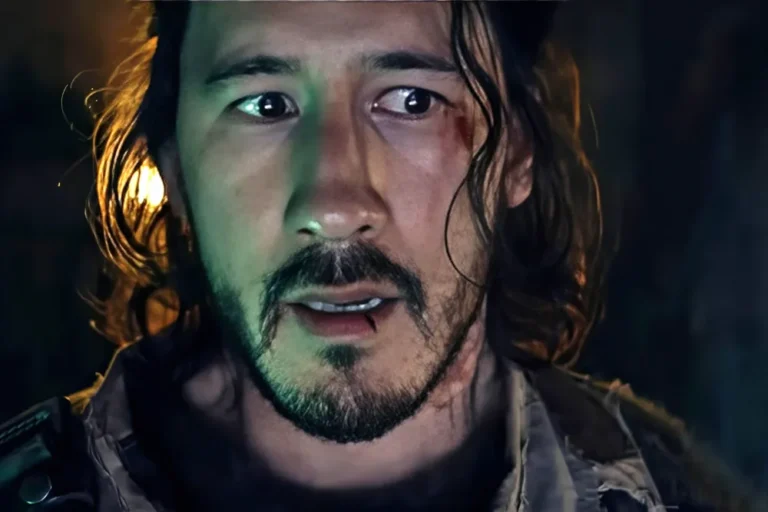

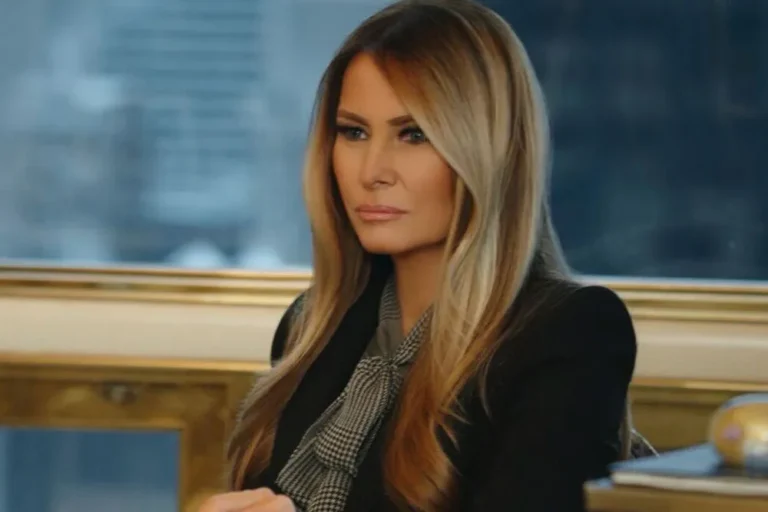
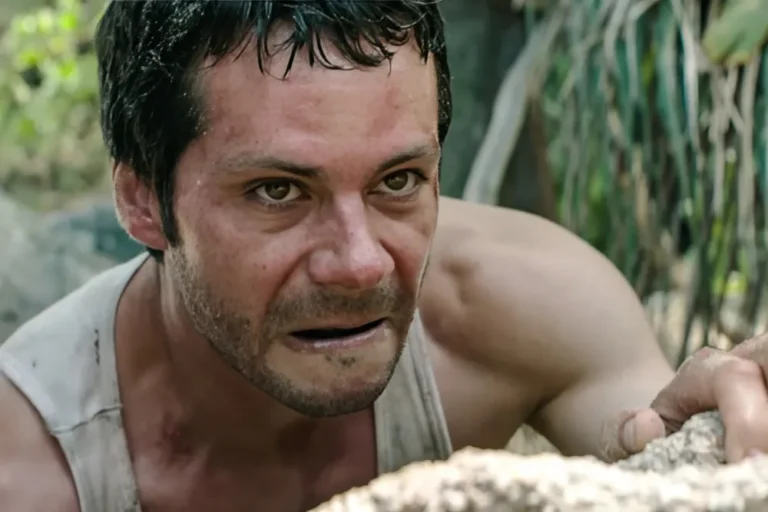
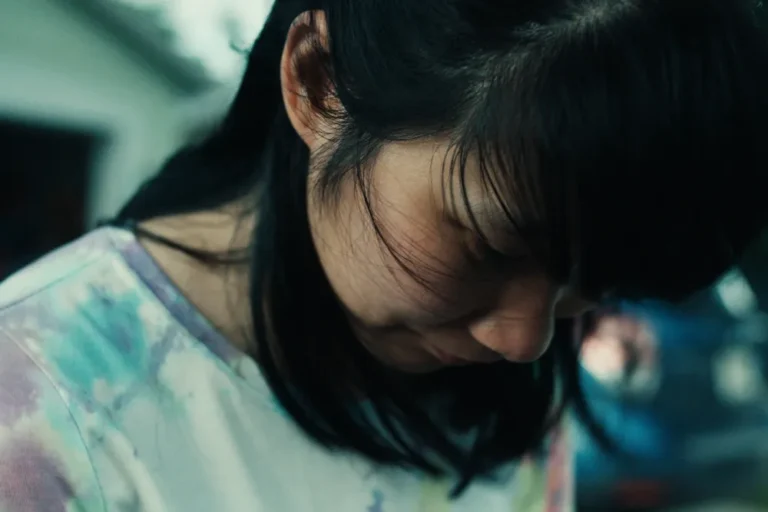
+ There are no comments
Add yours